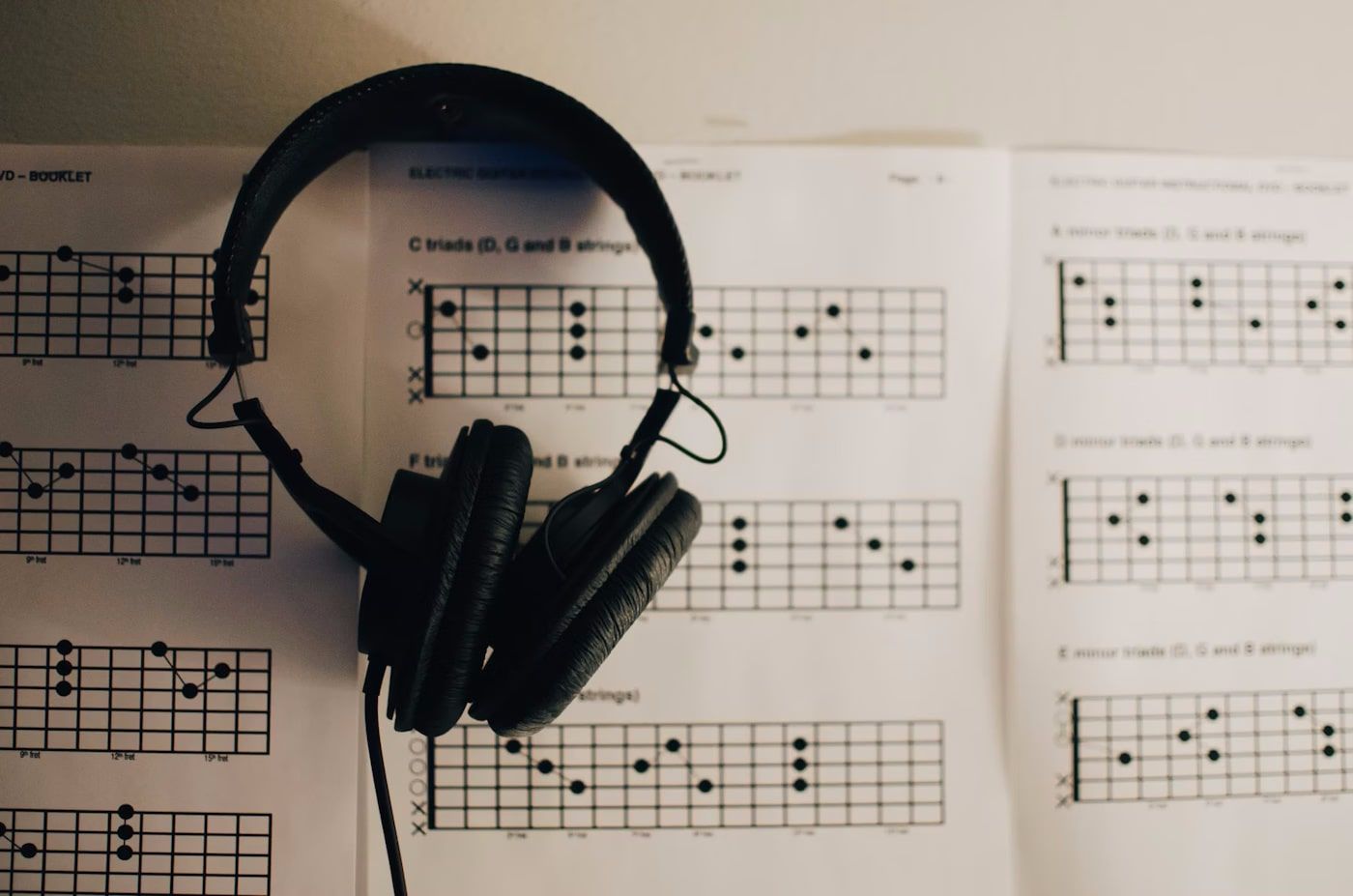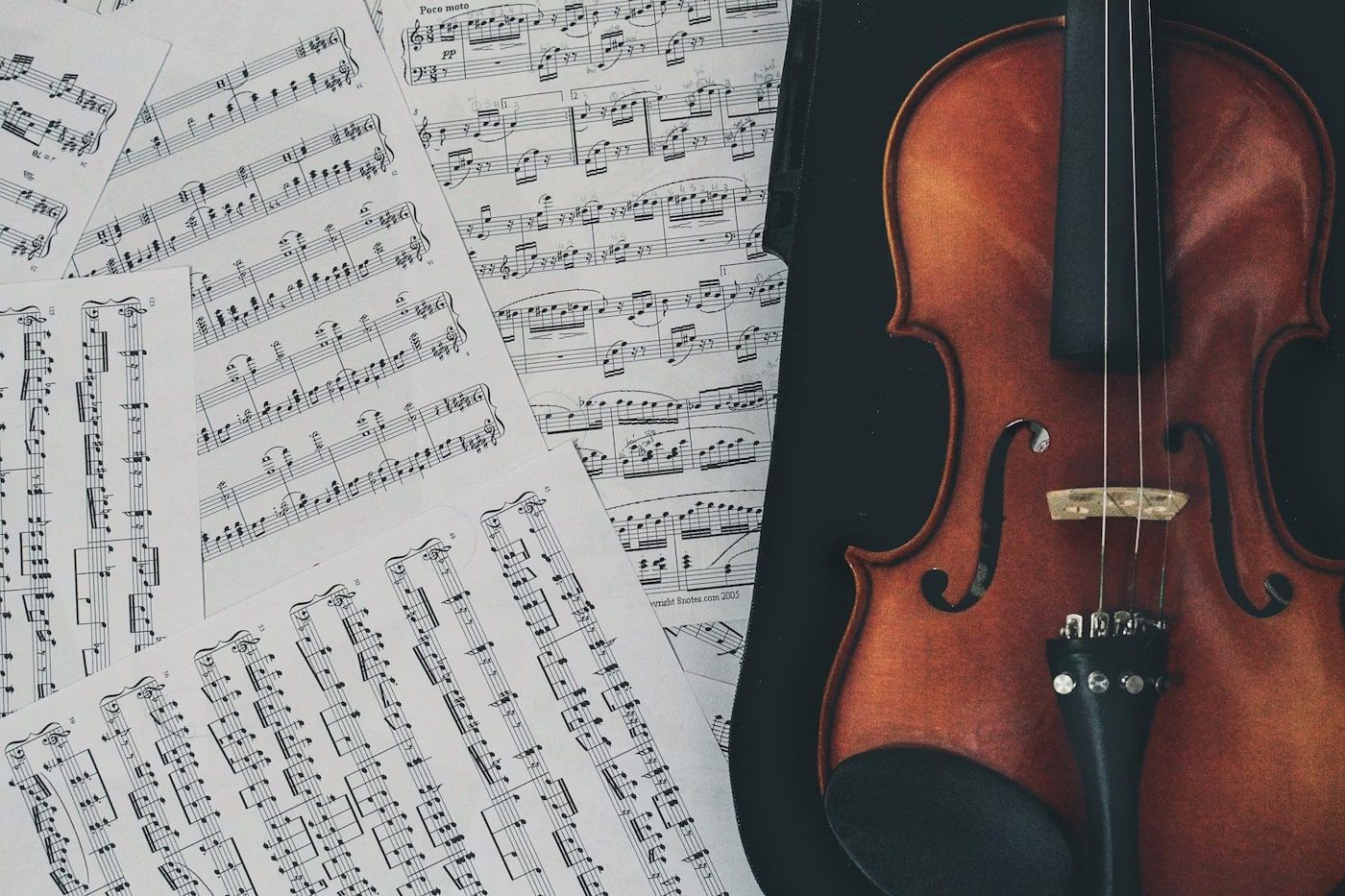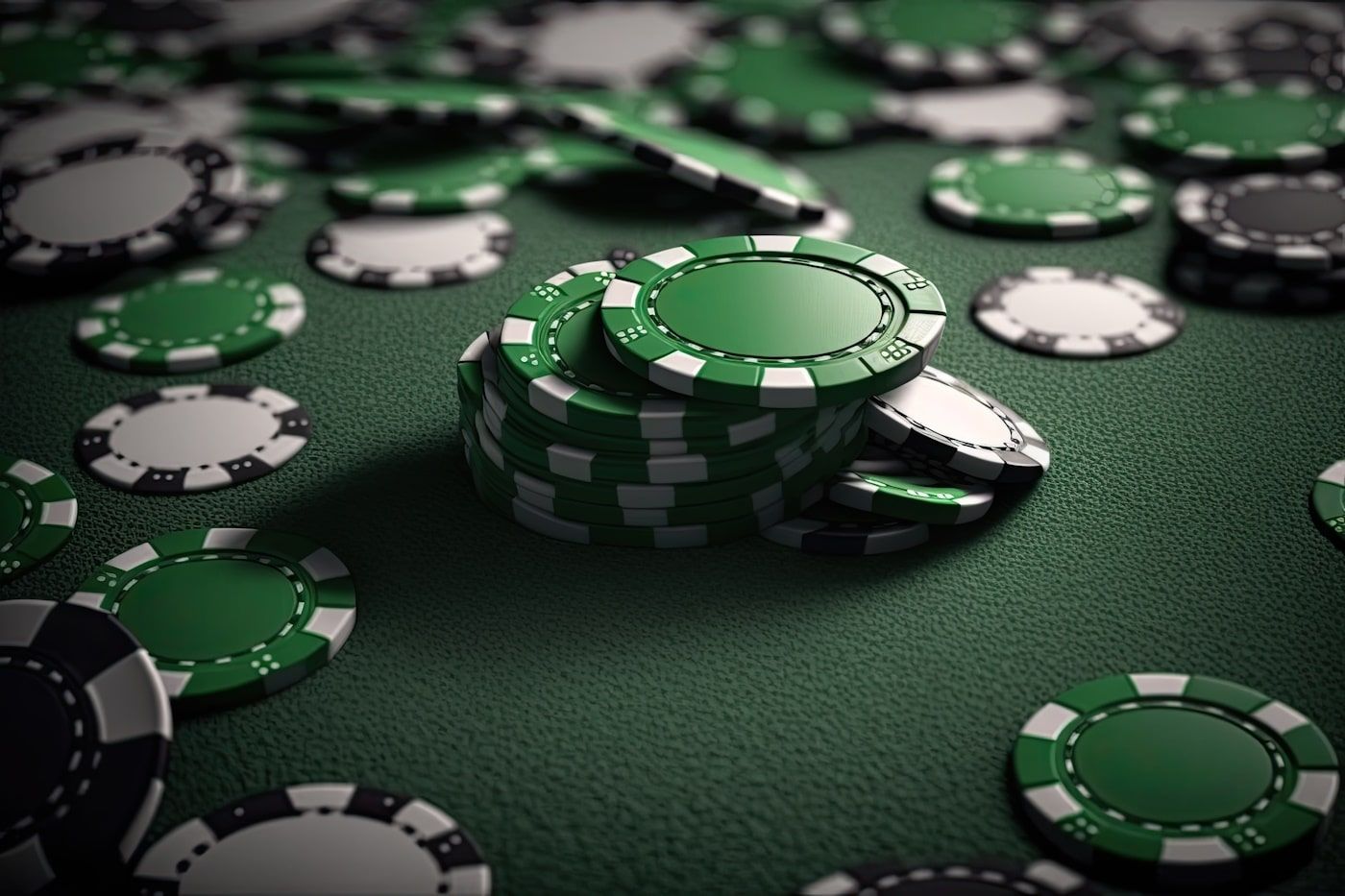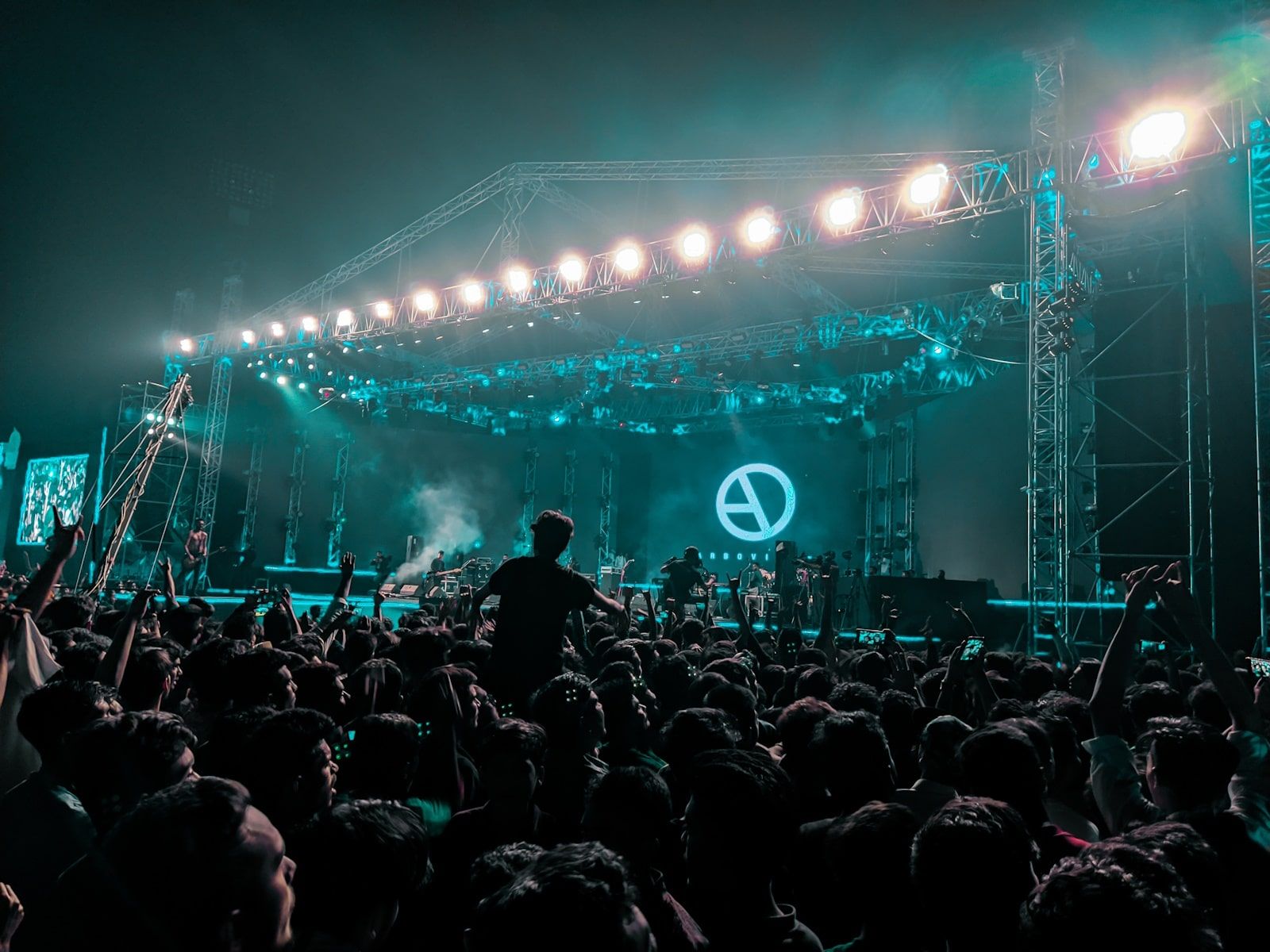Have you ever caught yourself unconsciously syncing your moves to the captivating tunes of a video game soundtrack or being swept away by the heart-thumping rhythm of a virtual skirmish? Rest assured; this is an experience shared by many. This fascinating fusion of sound and pixels is a testament to the symphony of experiences video games offer. In this article, we’ll take a look at the multifaceted influence that music genres, spanning classical, punk, and indie, have had on the exciting world of video gaming.
The Importance of Music in Video Games
Imagine a game stripped of its soundtrack. Would it still hold your attention? Music is the invisible yet potent force that can shape a gaming world, infusing it with life, emotion, and energy. It’s the unheralded champion that crafts the ambiance, whether it’s the eerie reverberations in an abandoned interstellar outpost or the peaceful tranquility of a picturesque hamlet. Signature themes, such as the majestic orchestral score in “The Elder Scrolls V: Skyrim” or the fiery punk rhythms of “Tony Hawk’s Pro Skater”, evolve into acoustic insignias that encapsulate the essence of the game.
The Personalization of Music in Online Gaming
Online gaming offers another avenue down which to explore the influence of music, with online poker tournaments providing an interesting case study. Music may come into play when players check an online poker schedule to help plan their participation in these high-stakes games. Some players like to curate playlists to accompany their gaming sessions, selecting songs that they believe enhance focus, build tension, or simply improve the overall atmosphere.
Different music genres may appeal to different players in this setting; perhaps the calming qualities of classical music for one, or the energizing beats of punk or indie music for another. While not a universal strategy, for those who do employ it, their choice of soundtrack can add a personal touch to the gaming experience, transforming it into a deeply individual, immersive performance.
Classical Music’s Impact on Video Games
Classical music, with its grand symphonies and evocative solos, lends a touch of majesty to many gaming narratives. It’s the lofty airship floating over a sprawling RPG landscape, and the poignant violin that stirs your soul as you traverse mythical realms. The timeless charm of classical music, as embodied in games like “The Legend of Zelda,” enhances the immersive nature of these digital odysseys, escorting players on an emotive journey.
Punk Music’s Influence on Video Games
On the flip side, punk music brings a splash of anarchy to the gaming world. Its raw, unpolished energy is a powerful echo of counterculture, gracing games that tread the path less taken. “Tony Hawk’s Pro Skater,” for instance, becomes a high-octane playground powered by punk anthems, embodying a sense of rebellion and freedom, a nod to the game’s anti-establishment undertones.
Indie Music’s Role in Video Games
And then there’s indie music, the quirkier cousin, often featured in indie games known for pushing creative boundaries. It’s a flexible palette of sounds, from ethereal dream pop to retro synthwave, offering a sonic tapestry as diverse as the games it graces. Consider “Life is Strange,” whose indie-folk soundtrack mirrors the game’s introspective narrative and stylized visuals.















